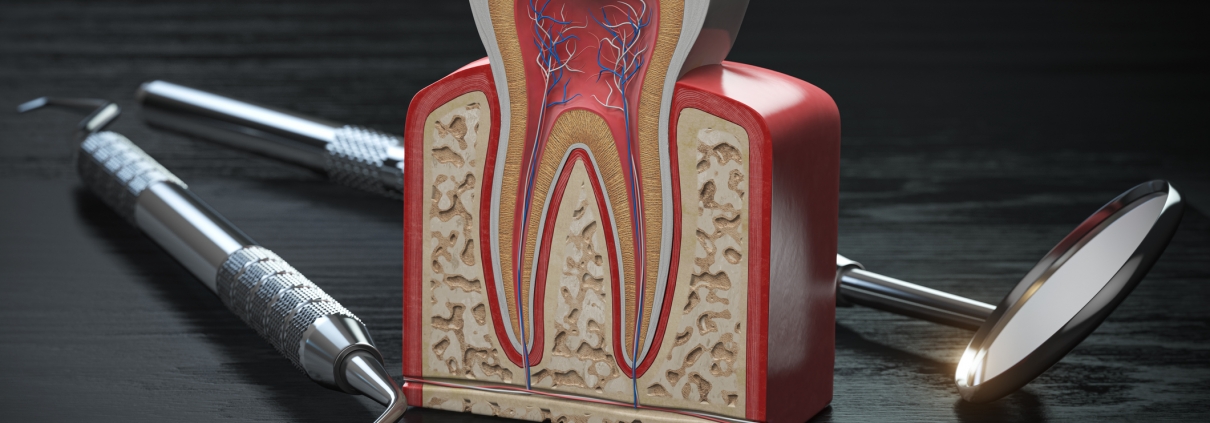Complications of Enamel and Dentin
Enamel and dentin are important parts that are the last layer of our teeth and are responsible for providing strength and preventing decay. The material from which enamel and dentin are made is the hardest mineral in the human body. This part of the teeth, in addition to being very important in terms of strength and health of the teeth, also has a great impact on the appearance of people and is more visible than other parts. These parts protect the inside of the tooth from plaque, acidic substances, drinks or very hot and cold foods. Therefore, tooth enamel and dentin are more prone to erosion and damage than other parts. After your enamel is damaged, erosion and damage can reach the inside of the tooth and cause many problems. In the continuation of this article, we will get acquainted with the complications of enamel and dentin and the ways of their prevention and treatment.
Signs of enamel and dentin damage
The dangers and injuries that threaten your enamel have different symptoms at different stages of their development. Also, the existence of a variety of complications of enamel and dentin makes the need to recognize the symptoms of these problems more important.
If the process of erosion of your enamel or dentin has progressed, you will feel very severe pain in your teeth. This pain can be especially severe when you consume sugary foods and foods or drinks that are hot or cold. In acute cases, the pain will be very severe and unbearable. However, in the early stages of caries, you may feel a slight tenderness as the tooth cools and warms.
Color change
In this condition, the person’s teeth tend to turn yellow. This problem is more common on teeth and dentin, and you will see yellow or even brown spots. In such cases, you should consult a dentist and take the first steps to prevent other problems.
Cuts on the enamel
In this case, the surface of your tooth looks cut and deformed.
Reasons
Enamel and dentin complications are caused by certain conditions, there are also factors that increase the likelihood of decay and damage to the enamel over time.
Tiny fractures
Occasionally there are small cracks in your teeth when you chew food, especially solid foods, which gradually turn into larger fractures. This will speed up the process of eroding your teeth.
Corrosion
If your teeth are exposed to acidic substances, you will see them decay over time. Taking vitamin and aspirin pills, sour and carbonated foods or drinks, gastric acid reflux or vomiting, low saliva, and… reasons that can increase the erosion of your teeth due to corrosion. Diseases such as bulimia or bulimia nervosa can also cause your teeth to erode, because in this disease the person involuntarily eats and then is forced to vomit, which makes the enamel more prone to damage.
Scratching the enamel
Brushing too hard, flossing incorrectly, biting hard objects such as pens, pencils or nails will scratch your teeth and further promote tooth decay.
People who struggle with bruxism when they wake up or sleep are more likely to develop tooth decay and enamel.
The effect of bacteria on enamel and dentin complications
Usually, after consuming any food, a lot of bacteria in your mouth consume starch and sweet foods. After absorbing these substances, the bacteria produce a special acid that will damage your enamel. Also, some bacteria can cause many problems for the health of the mouth and gums. Of course, keep in mind that the acids in some beverages and foods that are consumed throughout the day (such as soft drinks) are much higher than the amount of acid produced by bacteria. Acids cause the enamel to decompose over time, so you will gradually see the size of your teeth shrink. In recent years, the incidence of enamel and dentin complications in children has increased. According to experts, one of the main reasons for this problem is excessive consumption of non-organic and acidic beverages.
What is dental plaque and what effect does it have on the complications of tooth enamel and dentin?
The ingredients of dental plaque are bacteria, food, saliva and other substances in the mouth. The plaque usually forms in the space between the teeth, small holes in the dentin, around the filling, between the gums and the teeth, and so on.

